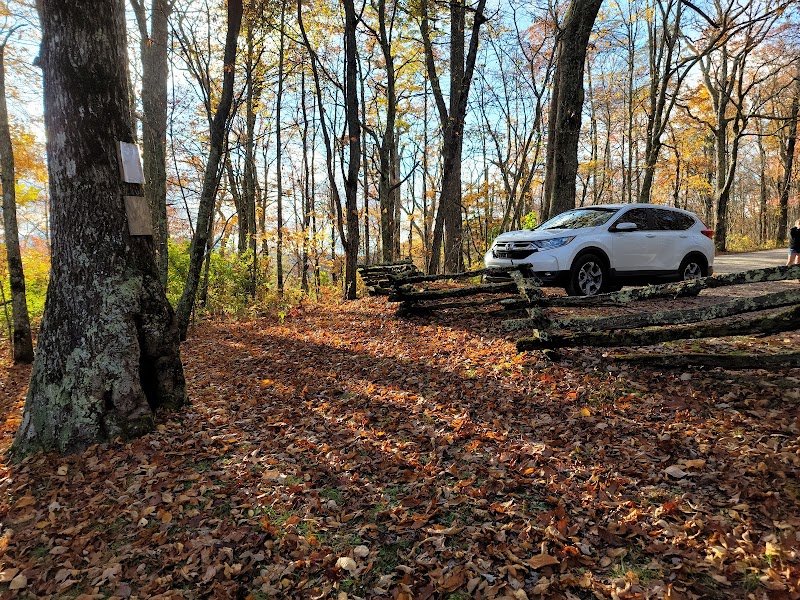
Wilson Lick Historic Site Adventures
Wilson Lick Historic Site offers a glimpse into the past with its well-preserved structures and historical significance in North Carolina's forestry history.
About Wilson Lick Historic Site

The Wilson Lick Historic Site, located in North Carolina, is a historic area known for its role in the development of early forestry practices in the United States. Established in the early 1900s as one of the first ranger stations in the region, this site features buildings constructed by the Civilian Conservation Corps. The area's geography is characterized by dense forests typical of the southern Appalachian Mountains, offering visitors a lush landscape to explore. Ecologically, it supports a diverse range of flora and fauna, including hardwood forests and native wildlife. Historically, Wilson Lick served as a crucial base for forest rangers tasked with protecting and managing extensive forest lands. Today, visitors are drawn to its mix of history and outdoor recreation opportunities, including hiking trails that traverse scenic vistas, offering insight into the area's natural beauty and historical context. The site is part of the Nantahala National Forest, contributing to its appeal for nature enthusiasts and history buffs alike.
Highlights
The historic ranger station buildings constructed in the 1930s
Lush Appalachian hardwood forests
Educational interpretive signs detailing historical significance
Access to scenic overlooks within the Nantahala National Forest
Notable Natural Features
Old Ranger Station
Features original structures used during the early days of forest management.
CCC Architecture
Buildings constructed by the Civilian Conservation Corps in the 1930s.
Nantahala Overlooks
Offers stunning views of the Nantahala National Forest from nearby trails.
